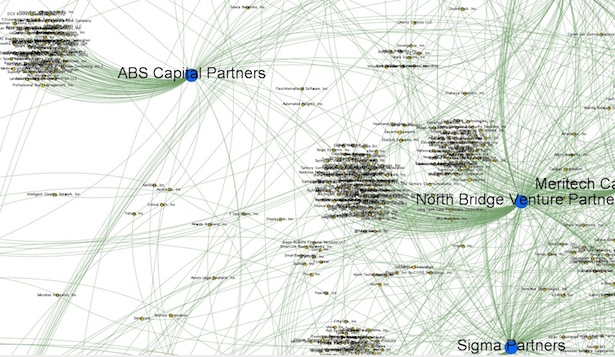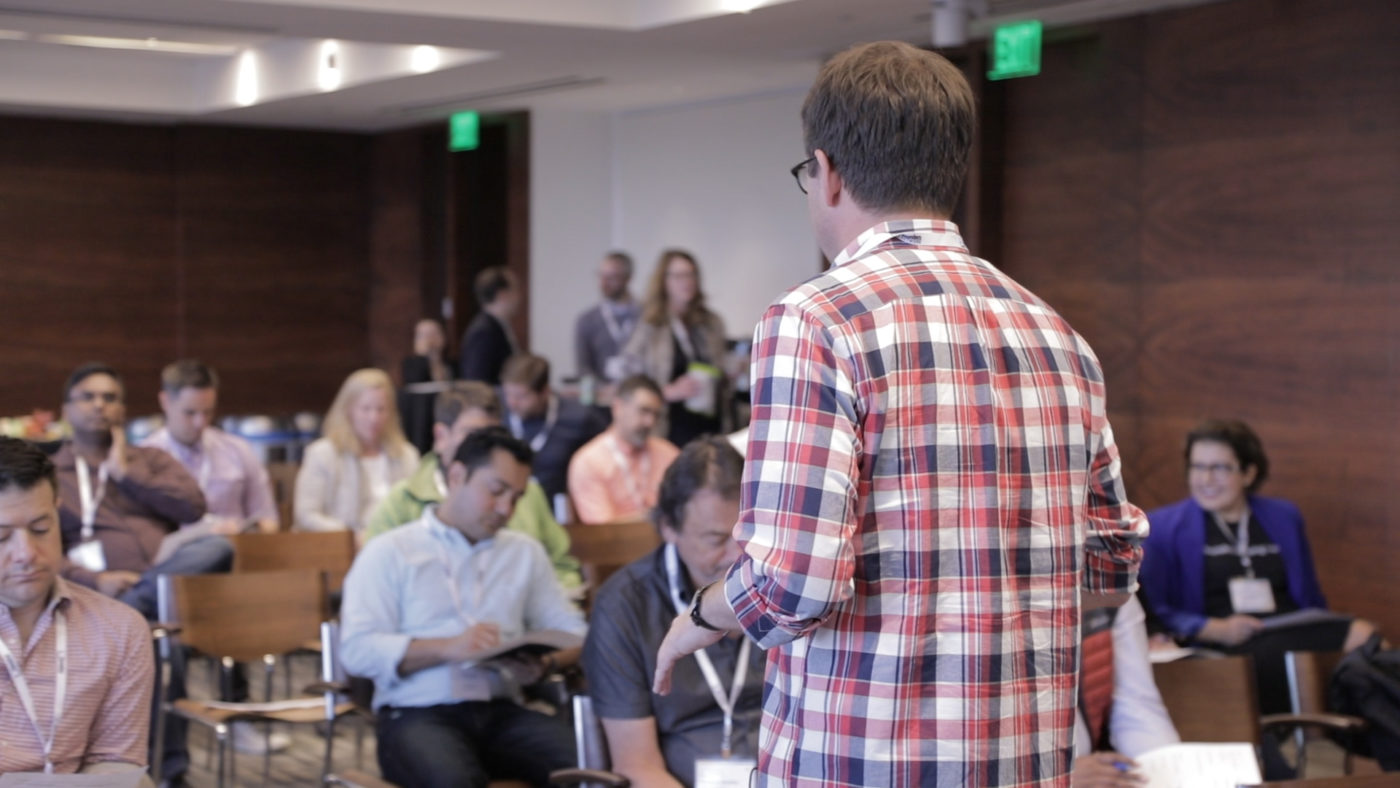
“What you get when you tap into other people’s brains is called network intelligence…What will get you somewhere is being able to access the information you need, when you need it… You get it by talking to people in your network.”- Reid Hoffman, The Startup of You
No one underestimates the dedication and focus needed to build a great product, design the right user experience, or put together a great pitch. But when asked if they have a relationship development strategy, many entrepreneurs a. leave much to serendipity and haphazardly build (and lose) connections; b. say it’s important, yet then claim they don’t have time; or c. scoff that networking and socializing take away from the “real work” that needs to be done.
In reality, many of your startup’s key objectives will hinge on the connections and allies you’ve made. Let’s look at how social ties impact your growth, innovation, and capital strategies- you know, all that “real work.”
Distribution and Scaling
If you build it…will they come? As Peter Thiel discussed with his Stanford CS 183 class, many people think that a great product will simply “sell itself” and magically make its way to consumers and win. However, many entrepreneurs learn the hard way that this just isn’t true.
Time is a startup’s worst enemy, and you need to find ways to supercharge growth. By building the right connections, you can go from trickles of individual users to “batch loads.” For example, cultivating the right strategic alliances with influencers and leaders of other organizations can expand your footprint exponentially. Are your alliances strong enough to get you where you need to be a year from now?
Media Coverage
Reporters and bloggers are clearly specific types of influencers who can help accelerate your business. It’s no surprise that the founders who get the buzz are the ones taking the time to proactively build personal connections and trust with people in the media.
Take Pinterest for example: it’s well known that adoption was quite slow at first, until co-founder Ben Silbermann met a group of design bloggers at a conference who really embraced the site. Silbermann continued to nurture these relationships and in 2010, Pinterest organized an online event called “Pin It Forward”. Since then, growth was consistently strong.
Innovation and Problem Solving
When the Instagram systems crashed during the first few hours of launch, neither co-founder knew what to do. So Kevin Systrom did the one thing he could: call the smartest person he knew. He ended up calling a guy he had met at a party seven years before, Adam D’Angelo (former Facebook CTO and now founder of Quora), who walked them through how to get back up and running that night.
I love this story because it really illustrates the power of having a vast and diverse network. In 1973, sociologist Mark Granovetter coined the phrase “the strength of weak ties.” He found that 82% of professionals had found their job through a contact they saw only occasionally. This makes sense, as “strong” ties are close relations by definition, and since these people tend to be quite similar to you, most information you receive will be old news. On the other hand, “weak” ties, where individuals do not necessarily have knowledge of or access to the same people, will be more likely to transmit novel ideas, news, opportunities, and solutions.
Access to Resources
We all know valuable resources don’t get distributed on their own – those who hold the keys to the kingdom must be discerning with whom they let in. For instance, raising angel and VC funding is about as relationship-dependent as it gets. The reality is that investors, like many people, have their own little cliques and tribes.
Using data from 279 firms, influence marketing leader, Activate Networks, provides a picture of VC social networks and deal flow: a number of venture firms clearly invest very frequently with the same groups. So if social proof is king, and introductions gold, you need to personally engage investors and get other respected founders to champion your vision.
Outside funding, access to other valuable resources are similarly shared between friends and networks. For example, Kevin Holmes, founder of the Founders Network (FN), not only brings together members to share knowledge and support, he also secures amazing discounts on tools and services. Kevin quickly helped us save literally thousands of dollars on hosting costs, so now we can dedicate more resources to truly value-add activities.
Recruiting Talent
A company’s most valuable resources are its people. And just like distribution or funding, you can’t passively assume that others will magically hear about your vision and clamour to work with you (especially in the early days!). If you are serious about the future of your startup, you should always be recruiting and getting to know the smartest and most passionate people you possibly can.
Emotional and Physical Well-being
Finally, the psychological benefits of having a solid network are not to be taken lightly. A study from Carnegie Mellon showed that people with more social connections and diverse social networks were less likely to develop a cold than socially isolated participants. Let’s be real- the highs and lows of an entrepreneur’s life can be extremely intense. Get out of your startup cocoon and you’ll be more inspired, happier, and healthier.
Investors, bloggers, influencers, founders, friends… how are you going to properly nurture all these relationships? Fear not. For the next three Thursdays, we will run a series of posts that outline how you can simply, but effectively, build and accelerate many high-value relationships at scale. We’ll talk about the mindsets you’ll need to embrace, how to define your own relationship development strategy, and how to execute an outreach process to continuously build trust, provide value, and deepen the relationships most important to your success.






